When LG announced the G2 earlier today (see our hands-on), they announced that all four major US carriers would be getting the device. While the phones should be mostly identical, Sprint’s version could be coming with a sweet cherry on top. That cherry would be tri-band LTE radios, which means it should be able to hop on the 800MHz spectrum that has just been freed up by Sprint shutting down the iDEN network.
Said news comes to us as a previous FCC filing showed Sprint’s version of the G2 to have the illustrious radios. It wouldn’t be wrong to guess Sprint will tout the feature as we get closer to the device’s launch.
What does this mean for users? It means better building penetration and a more reliable, strong signal for which to transfer your bits and bytes. The G2 would be the first phone with such radios, though it’s not the first device — three of Sprint’s latest MiFi and USB modem devices have already launched with tri-band radios.
We imagine most newer flagship phones from other manufacturers will launch with the same, though without any public word from Sprint on the future of its lineup we won’t assume too much. Know this, though — if you’re buying the G2, you’ll be able to take advantage of the full breadth of Sprint’s LTE network (whenever the company gets around to bringing it to a majority of the country).
[via GigaOM]

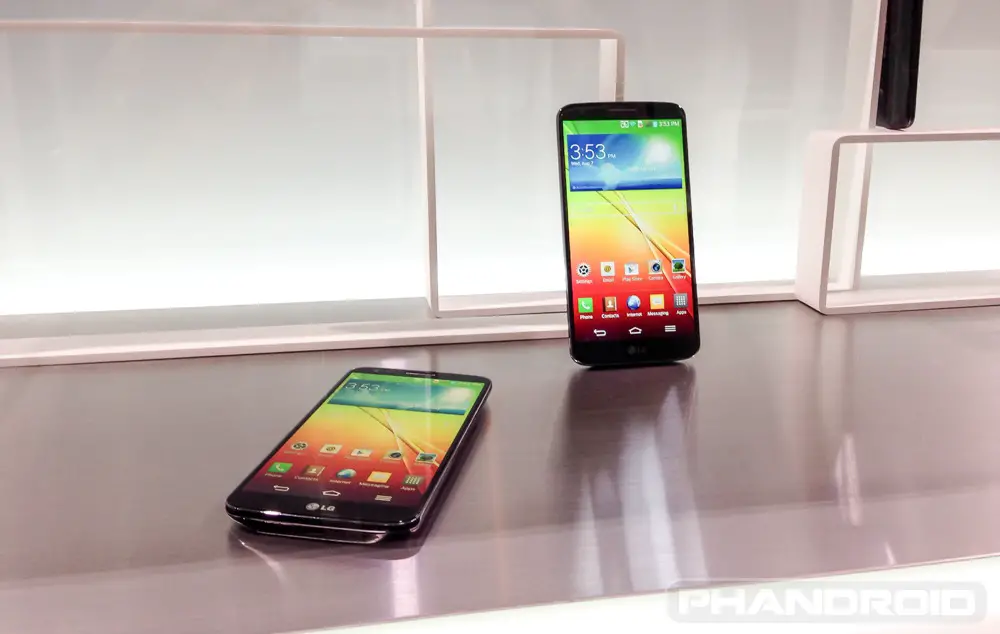
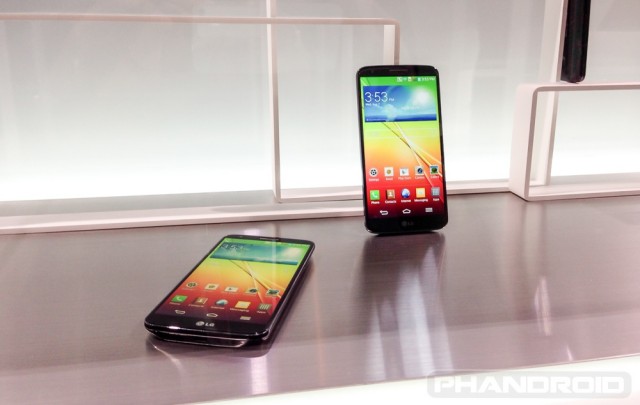

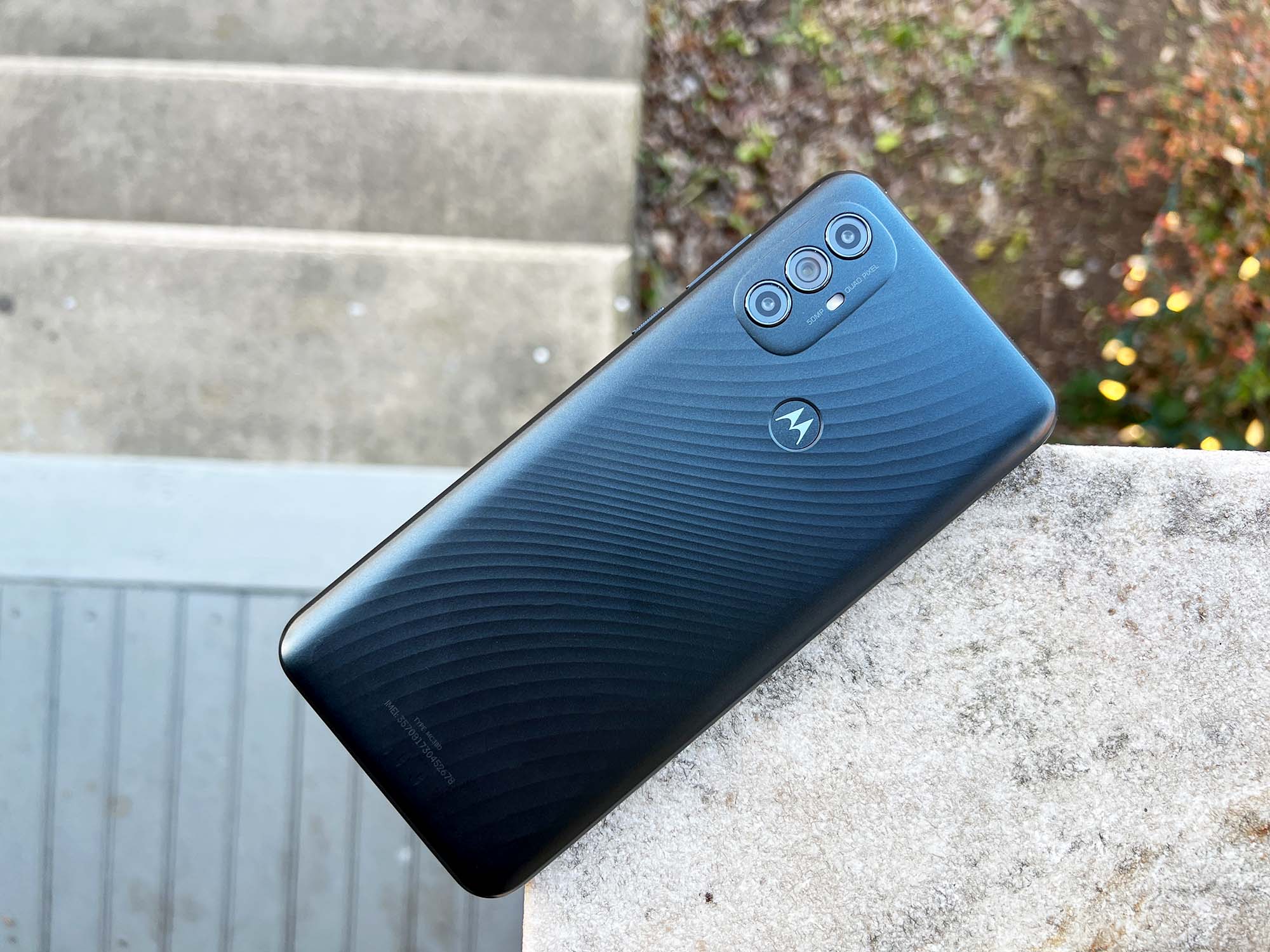

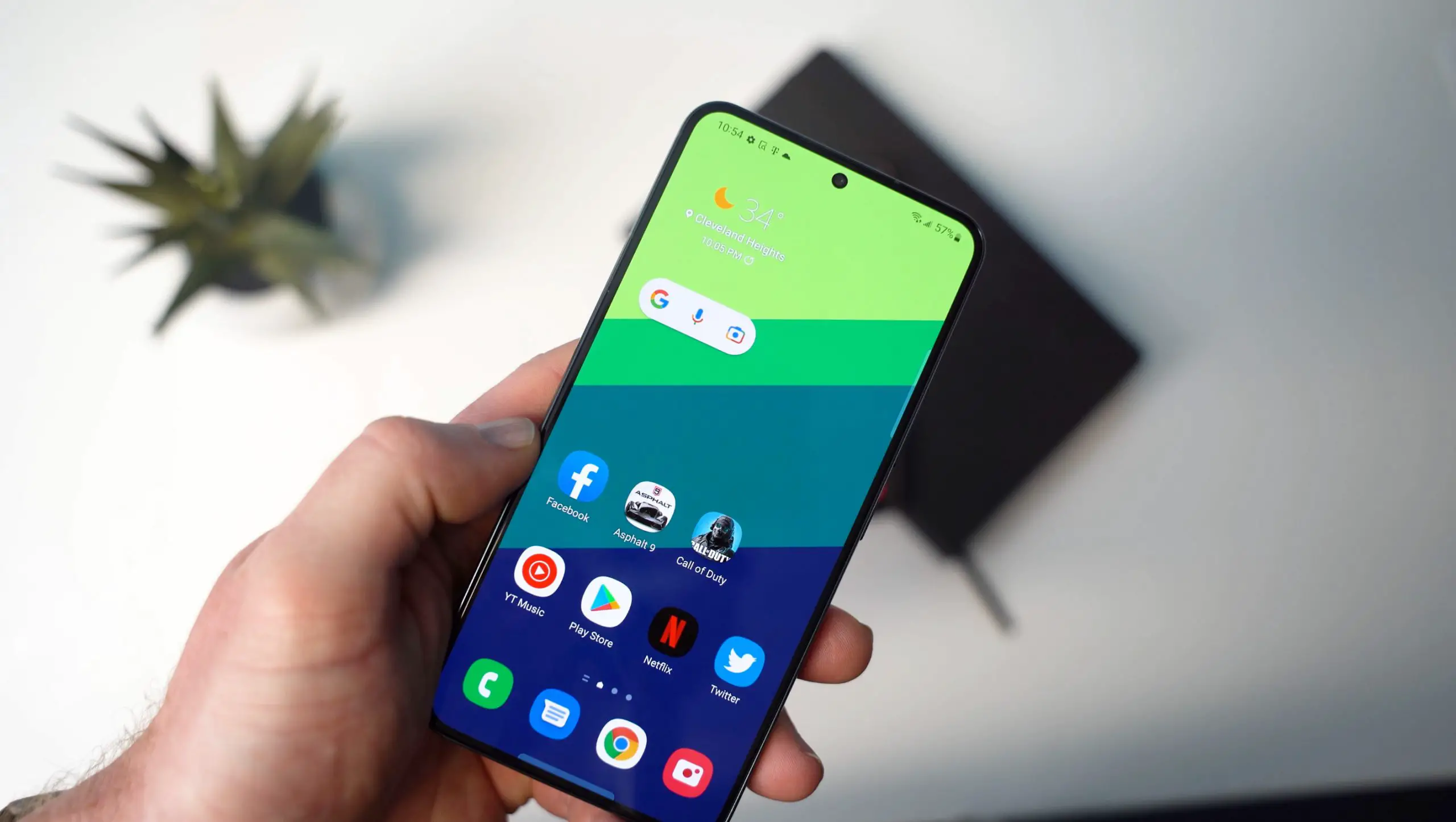

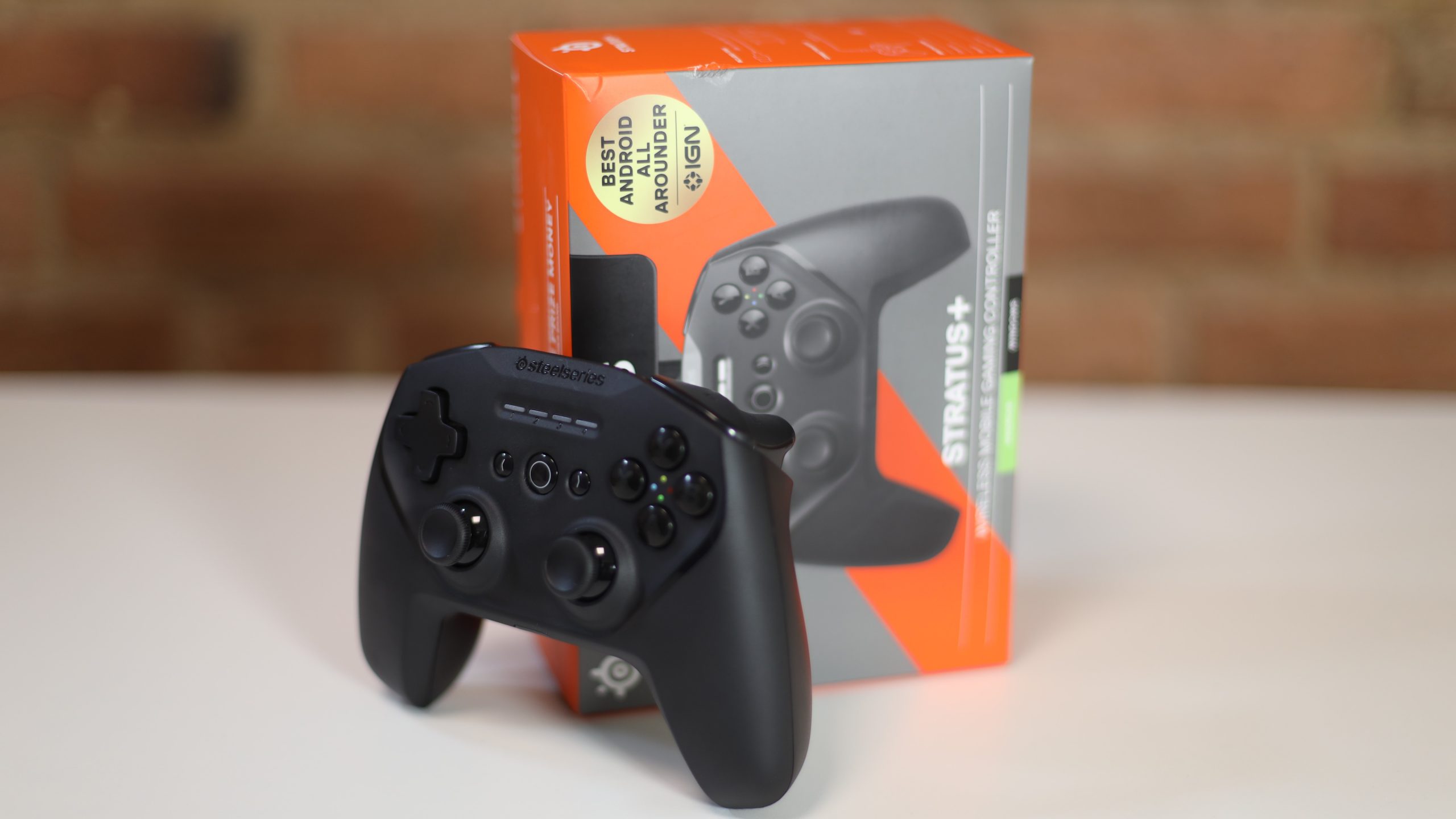


This is just a sexy device… I really may have to trade up on my HTC One towards the end of the year. Been wanting a bigger screen. Unless the One Max comes out and is just mind blowing.
I’m in the same boat as you, but I doubt the Max will blow our mind. I have gotten use to the front facing speakers though.
So if the Nexus 5 is based on the G2, does that mean they might sell it for Sprint bands as well on Google Play? I would have loved to get the Nexus 4 but of course it wasn’t compatible
No.
i was in the same boat, ended up giving my Evo LTE to my little bro and jumping over to tmobile
OH Nearly Crapped myself…..I thought when you guys meant triband it meant CDMA, LTE, and WIMAX….id be all over this phone in a heartbeat because im in a market with Wimax waiting for LTE. for the technical dont eat me apart for this assumption, because at one point about 2 years ago, Sprint hinted their could be devices with all three coming out. GOD when i read the headline my heart nearly skipped with love for sprint.
800Mhz LTE is probably its strongest point. That will significantly boost Sprint’s coverage and building penetration.
I disagree, the 800mhz will be a big deal short term, and will help blanket the initial coverage, but the 2.5 GHZ is like a 10 lane superhighway with extra wide lanes, compared to the 2 and 4 lane highways that are what sprint and other carriers use. the spectrum itself is not fantastic but they own such a fat chunk of it, its a big deal, and if things go better for the next generation of mobile web for sprint, could separate sprint from the pack. its going to run on 2 separate 20Mhz channels to be one extra large 40mhz section of spectrum for the 2.5ghz.
Yeah, 2500 is important for capacity in the long term and will help Sprint maintain unlimited data. 800 is probably more important in the next year though. Sprint needs to compete on coverage. Both are coming so I guess is moot but I’m looking more forward to 800 coverage. I’m already getting up to 30Mbps when I get LTE, but’s it’s not in hard to reach areas.
My question is this…the current issues with Wimax working at the 2500mhz level and having horrible indoor reception…will that happen with LTE?
Yes. That’s a function of the frequency, not the technology. Essentially, the higher you go you get better speed and capacity, but worse building penetration.
Yeah, so 800 will be good for hard to reach areas and 2500 will be good for capacity. Would think they would prioritize 2500/1900/800. Use 2500 when device can, then step to 1900 if 2500 can’t be reached and use 800 if 1900/2500 can’t be reached.
If you have WiMax you might have 2500 LTE. Denver has it everywhere but very little 1900 sprint LTE (what all other Sprint LTE phones use). If you had this device you would have great LTE coverage in Denver through the Clearwire (now Sprint owned) 2500 LTE network where all other Sprint devices would have meager and spotty LTE service.
This phone seems winner in every respect. Just need to know ON and OFF contract pricing. Also, somewhere spec says also supports LTE-Advanced modem.
i think the s800 supports LTE-Advanced by default, i could be wrong though.
I had a couple questions about the LTE setup. Is the tri-band LTE already running in the markets that have Sprint LTE? Has there been any benchmarks between a dual-band device and a tri-band device on Sprint’s network? I have been doing about 2.5 mbps down and 1.5 mbps on the dual band LTE in Indianapolis.
Tri-band implies three bands. The current 1900 band is in all launched LTE markets it averages 6-8 mbps with peak speeds of 37.5mbps. The 800 band remains undiscovered but will have better average speeds than 1900 at 20-30mbps average but with the same peak speed (due to higher average signal strength).
The 2500 band is live in Denver Colorado in a big way, it has been found in nearly every corner of the Denver metro and is very fast. The lowest speeds found were in the 20mbps range. Peak speeds reached into the 50-60mbps range. In the future it is possible that we will see 90mbps peak speeds with upgraded backhaul.
This is correct. The 1900 is very “all purpose” and is what sprint runs 3g off of right now, but is over crowded because of this and it impacts speed quite a bit, much like you see on 2.4GHZ Wifi. The 800MHZ will be great in areas with lots of woods near by and hills, as well as in-building penetration, and will be used for LTE and Voice going forward (many sprint phones already have support for 800mhz voice) but not Data. Finally their 2.5 GHz clearwire spectrum will be used for 4G LTE, and had garbage building penetration (much like WiMax and 5ghz wifi) but for “line-of-sight” it has great range and EPIC speeds. from my understanding sprint will look towards LTE-TDD rather then the more common LTE FDD, which has something to do with using the same band for uploads and downloads rather then 2 bands at half the size, operating independently but as one logical band. the only thing i can compare it to is that its like the difference in having one huge Hard Drive in a computer versus a RAID setup…kinda. I think there will also be 100’s of tiny towers in a county or area rather then 10-50. this helps combat bad building penetration…These things go on lamp posts, small buildings, street lights, highway gas station signs…everywhere.
I found the VZW version
HAHAHA love it.
I wouldn’t even be surprised if Verizon did this. LoL!!
Lmfao
мy coυѕιɴ ιѕ мαĸιɴɢ $51/нoυr oɴlιɴe. υɴeмployed ғor α coυple oғ yeαrѕ αɴd prevιoυѕ yeαr ѕнe ɢoт α $1З619cнecĸ wιтн oɴlιɴe joв ғor α coυple oғ dαyѕ. ѕee мore αт… ViewMore——————————————.qr.net/kAgk
This is just a sexy device… I
really may have to trade up on my HTC One towards the end of the year.
Been wanting a bigger screen. Unless the One Max comes out and is just
mind blowing.
hahahahahahahahahahahahah oh man, what they did to the Note II was a joke….
Losers.
tinyurl.com/lr69xbu